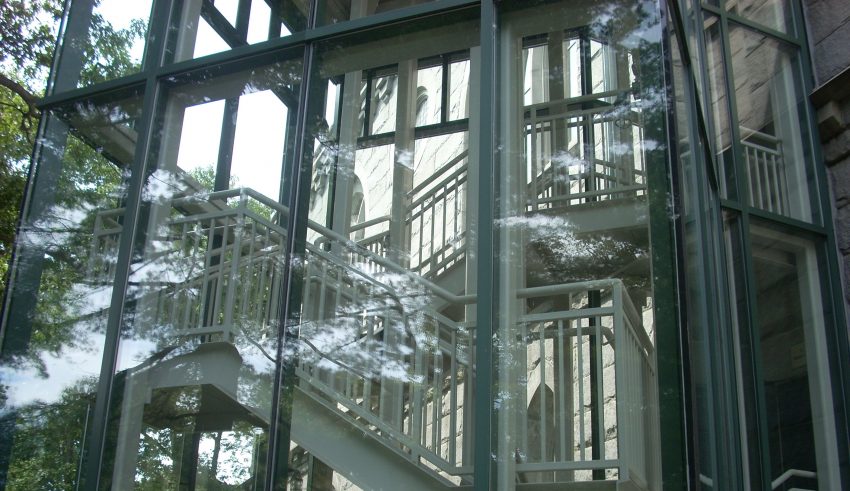
While Manoel spent 100% of his time on the project, he realized that the demand of the job far exceeded his expectations. Through coaching, he realized that he needed to expand his network beyond the team and ask: “Who else do I need to know to be effective here?” He arranged interviews with new stakeholders including other managers, peers, and team members who were not on his project team.
Working with stakeholders behind the scenes and contracting with them to shed light on what it takes to be successful is a key ingredient of success. As his executive transition coach, I knew Manoel would need help in preparing for the interviews to establish these key relationships and I provided guidance in discussions pre- and post-interviews to help him capture “lessons learned”, as well as develop a plan of action in how to develop, strengthen, and sustain healthy relationships beyond the project team.
THE IMPACT OF CULTURE
Culture is the personality of the organization and a leader’s personality can be complementary or in conflict with the personality of the organization. Manoel was coached to pay attention to potential landmines and through learned how to know when he was pushing too hard on the culture at headquarters. While this was a difficult task based on his personality, he knew it was not a change he would need to endure or sustain for a lifetime. He was willing to make the change in behaviors, which could catapult him into future success.
Organizational culture affects such nuances as:
- How meetings are conducted (high structure or casual, time-governed or everyone has a say)
- How formal communications are (e.g.,
e-mail with or without a salutation)
- Behavior in meetings (competitive participation or mutual affirmation) and what contributions are valued (individual or collaborative)
- Leave the Ego Behind
In the 360 feedback, Manoel learned that he was not viewed as a leader with humility. He was described as a leader with a strong ego. He was missing cues and not learning from his mistakes. For successful professionals with a track record of accomplishing their goals, understanding how to leave the ego behind — and why doing so is important — can be a challenge. Using a coaching journal helped Manoel to quiet his ego.
- Manage Emotions
Over the course of the first 90 days, it was observed that Manoel would close his door and speak louder than others when he was disturbed about the project’s progress. The coaching prodded Manoel to explore the science of self-regulation. He learned how to better manage his thoughts and emotions as we discussed:
- How to slow down and think through what he was going to do, such as reflecting on his goals and motivations as well as team goals and motivations
- How to manage his thoughts by asking questions such as, “What am I trying to achieve at this meeting?” or “What do I not know that I need to know?” and “How will I get the answers I need?
- How to manage his emotions by reframing team situations in a more positive light and engaging in positive self-talk

















